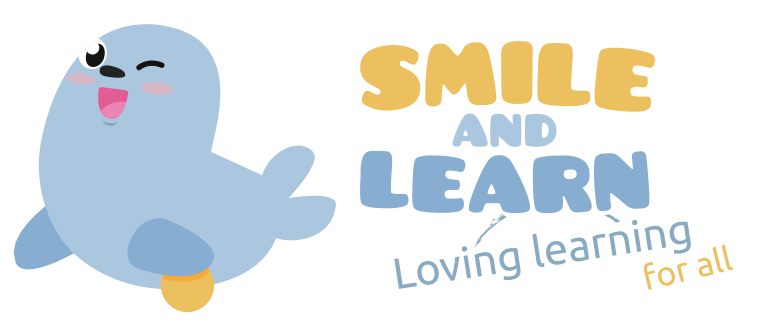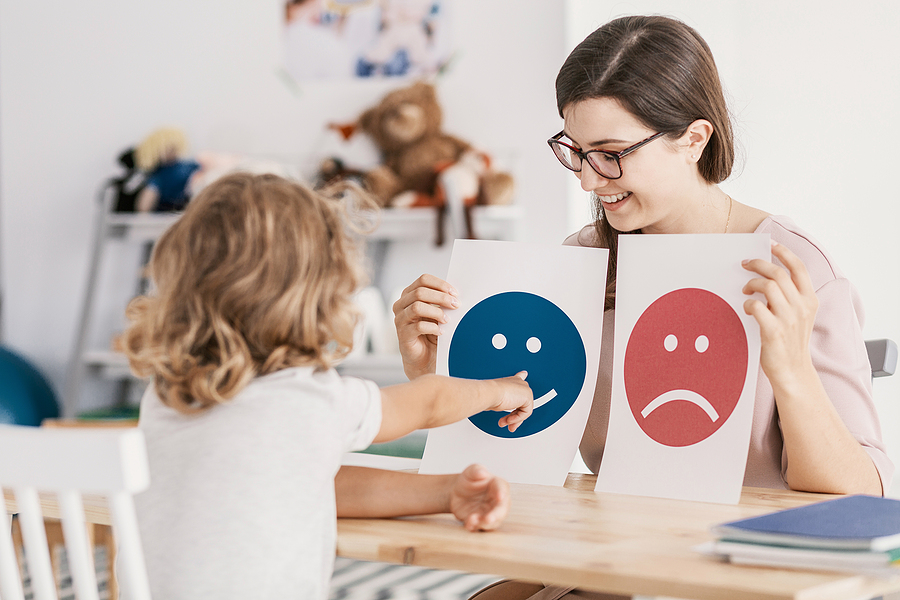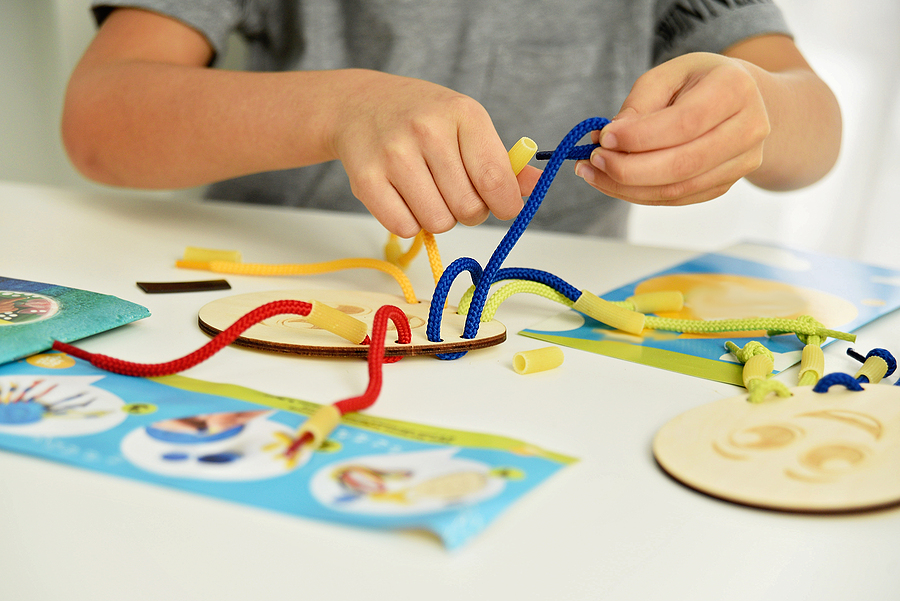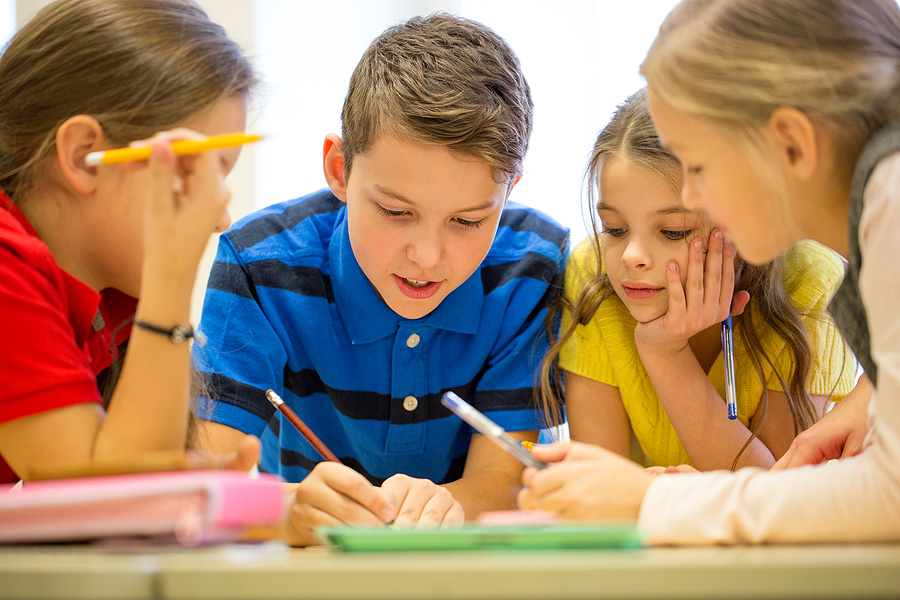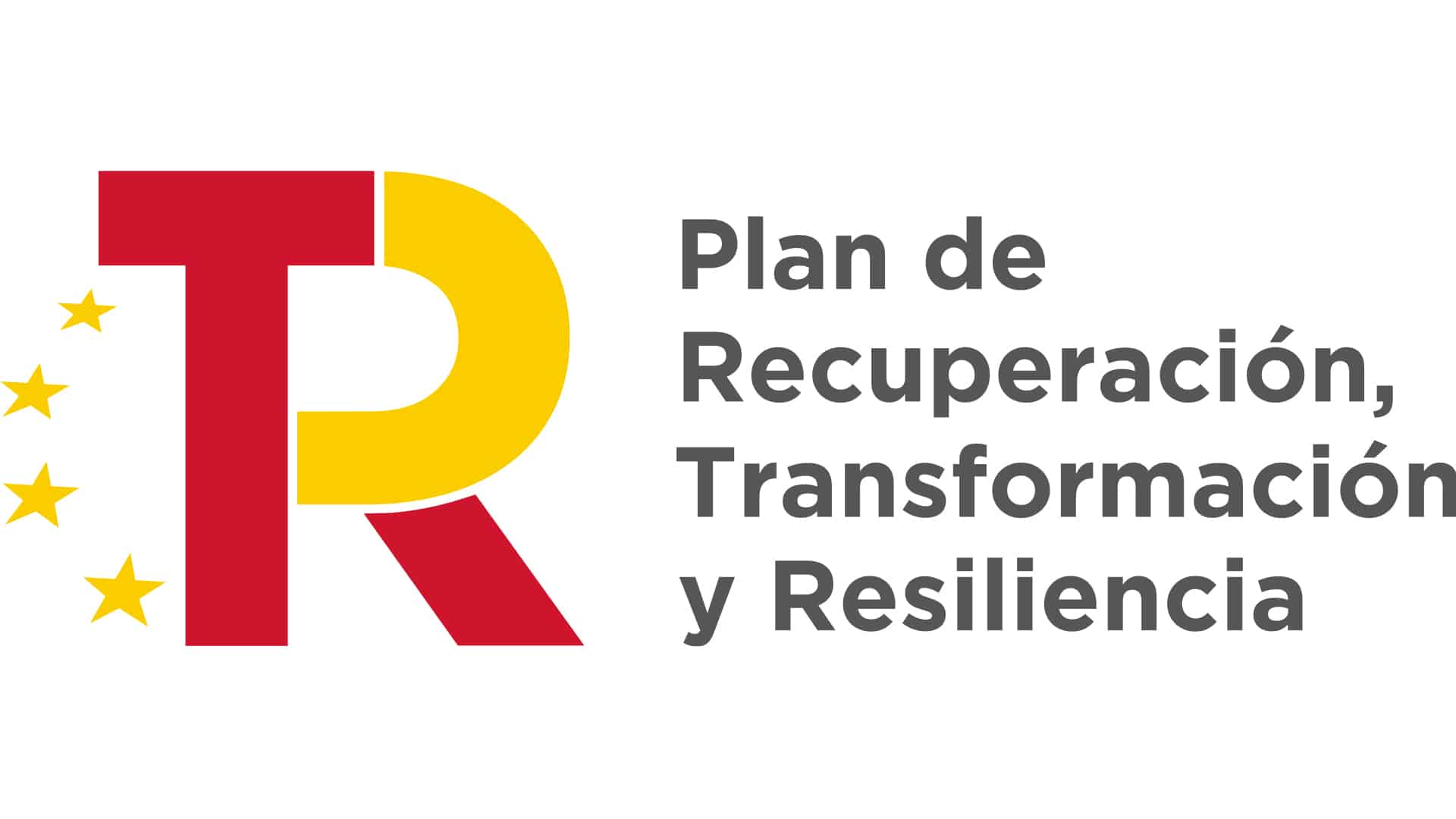Throughout their development, children are confronted with new and often challenging situations, learning and acquiring skills as they build their relationships with others. In all this process, having a good self-esteem is fundamental.
High self-esteem implies a good self-concept, knowledge of one’s strengths and the confidence to face challenges. In addition, self-esteem allows you to better manage frustration and establish healthy social relationships with others. The good news is that self-esteem can be worked on from a very early age, and there are some tools that can be used at home to help children have a better view of themselves.
Here are three tips you can put into practice:
- Build a stable and secure relationship. Children need to feel loved and valued by the family, as this will largely determine their ability to adapt to their environment. We all have flaws, we all make mistakes, but feeling the unconditional love of our parents at times like this will help us face life’s obstacles and encourage us to feel valuable.
- Autonomous responsibility. It is important to give children some autonomy so that they can freely experience their environment. Assigning them tasks according to their age and maturity can stimulate a sense of responsibility. It is a way of giving them a vote of confidence. We can, for example, assign them small household chores such as picking up toys, helping to set the table or involving them in caring for a pet.
- Emotion management. Children need to learn to express their emotions and feelings, to validate them when necessary. To do this, it is essential to practice active listening: ask them how they feel, listen to them and validate their feelings, without judging or minimizing what they share. It may also be a good idea to show them alternatives so that they can manage feelings such as anger.
If you haven’t tried our educational platform yet, you can do it for free by filling out this form
this form.
